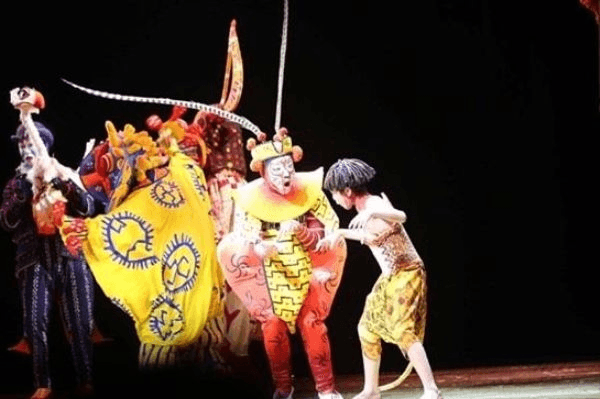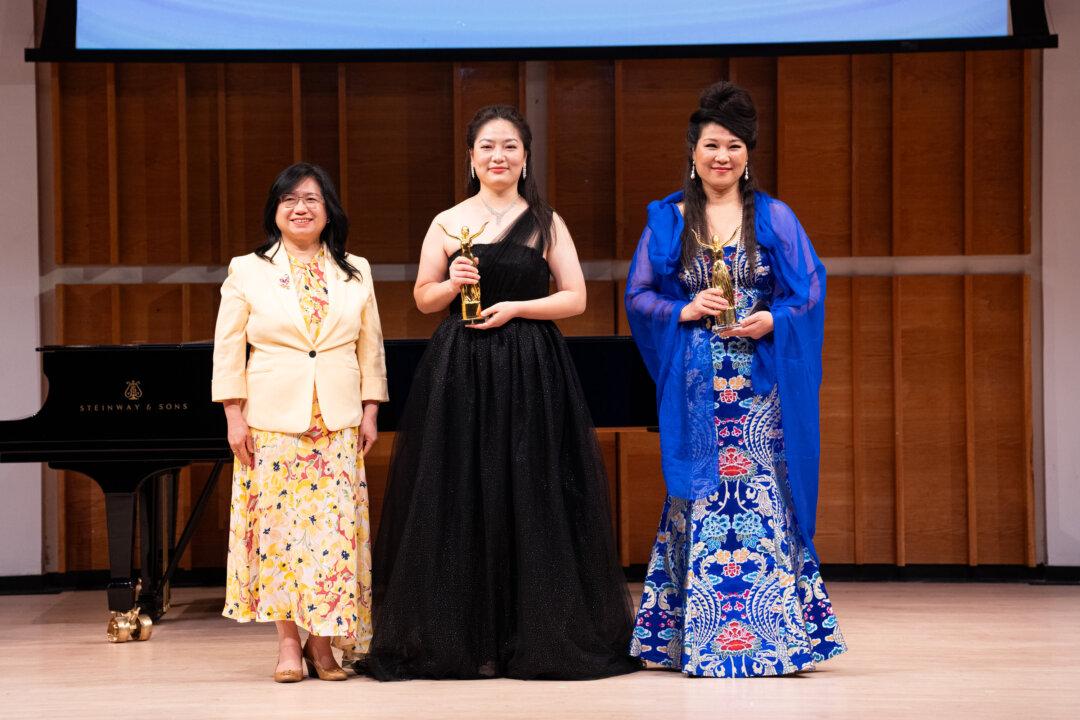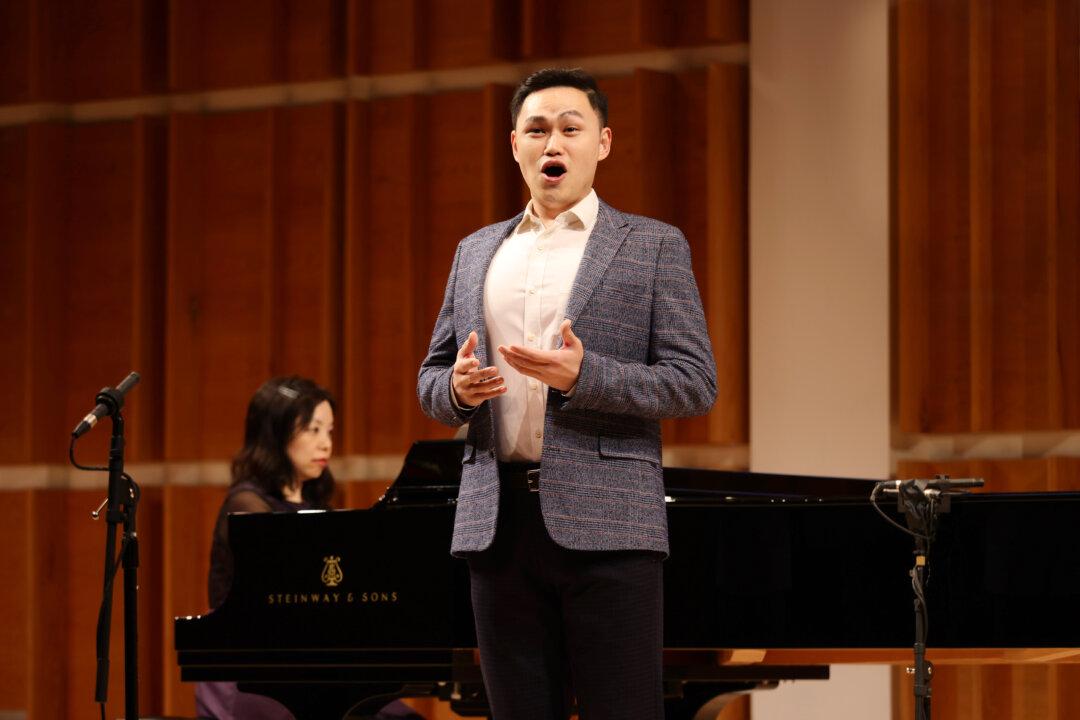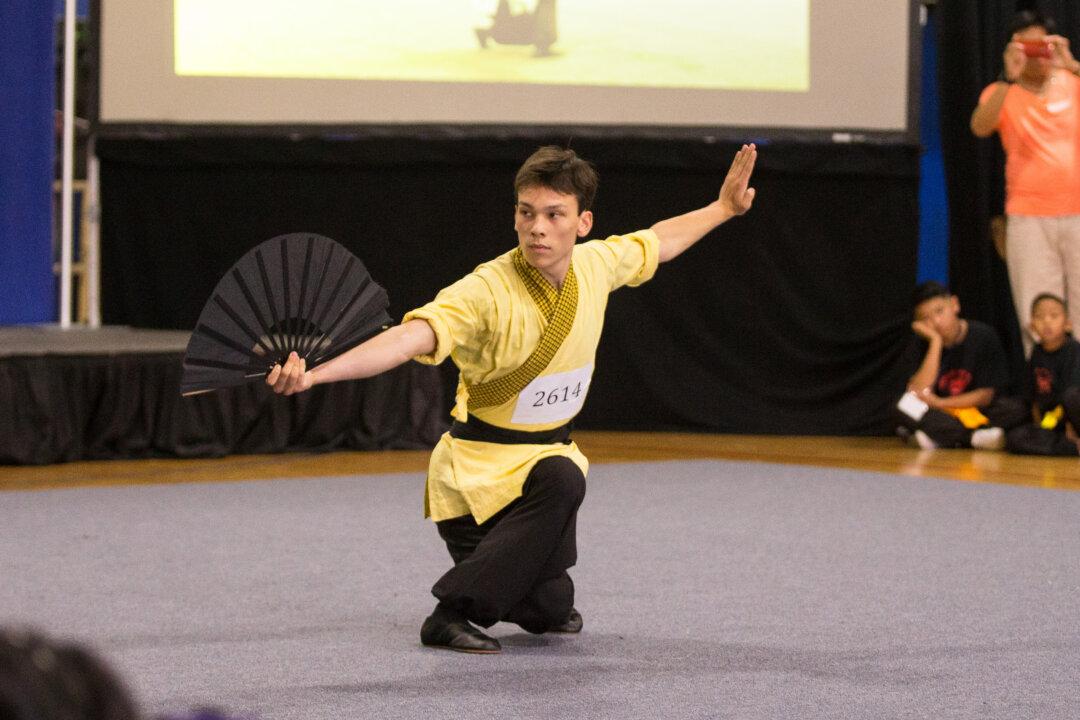A Mandarin-language theater production of “The Lion King” premiered June 14 at the newly-opened Shanghai Disneyland, the first of its kind to be performed in mainland China.
While “The Lion King” is a Broadway staple, having been shown to over 80 million people since its premiere in 1997, the Chinese audience received an altered version. A combination of eastern and western aesthetic elements are reflected in the score, and props. The producers even took the liberty of including the Monkey King of ancient Chinese literature.
Seeing photos of the event posted to Chinese social media sites, netizens had mixed reactions to the show. Many criticized the modifications made to the Disney classic as tacky, misplaced, or even deceiving.





